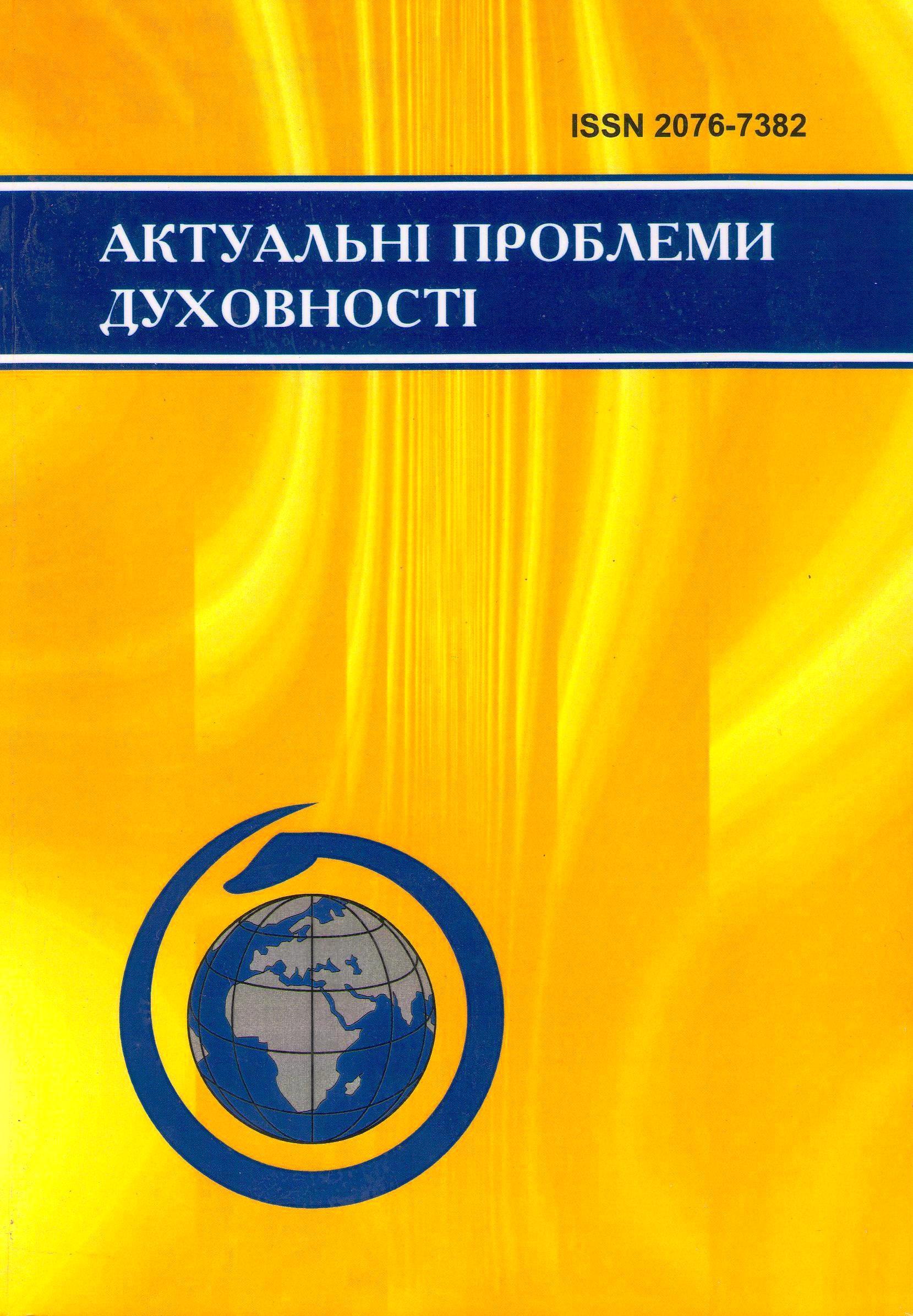Karl Popper's metaphysics of culture: world 3 and its significance for human beings
DOI:
https://doi.org/10.55056/apm.7739Keywords:
Karl Popper, three worlds, world 3, culture, metaphysics of culture, emergent evolutionism, pluralistic interactionism, critical rationalism, self, higher functions of languageAbstract
This article is devoted to Karl Popper's conception of culture, which is original and relevant for modern rationalist philosophy, social sciences and humanities. The author posits the necessity of employing the term "metaphysics of culture" to designate his conceptualization of the world 3 as a man-made objective reality that persists through language and exerts a feedback effect on the human capacity to shape one's self. Popper developed this conception on the foundation of emergent evolutionism, pluralistic interactionism, and critical rationalism.
The author states that Popper attempted to reconcile his metaphysical conception with the data of modern science. Additionally, like Kant in his time, he was morally motivated. Popper was convinced that rationality, creativity, civility, and morality are potentially inherent in human beings. He sought to explain "How are they possible?" in the Kantian spirit. This article argues that Popper's metaphysics of culture is based on the principles of critical rationalist metaphysics and avoids the extremes of materialist reductionism, psychologist subjectivism, and normative idealism.
The article presents a complete reconstruction of Popper's metaphysics of culture, centered around four principles: (1) the principle of emergent exosomatic evolution; (2) the principle of man-made culture; (3) the principle of the linguistic nature of culture; (4) the principle of pluralistic interaction. The article employs a primarily apologetic strategy. The author also addresses the arguments of those who have criticized the Popper's conception of culture.
In conclusion, Popper's metaphysics of culture can be considered comprehensive, fundamental and significant. It merits the attention of both philosophers and scientists alike. Popper's most notable contribution is his elucidation of the process through which the human being becomes a self. This formation is influenced by two key factors: biological evolution, particularly the evolution of language, and interaction with the world of culture. Feedback from the world of objective knowledge, a critical stance on the products of one's mental activity, grasping and understanding the objects of the world 3, and discussions with other people are the conditions for human self-transcendence, self-improvement and the development of a mature personality.
Downloads
Metrics
References
Abdula A., Baluta H. Indyvidualizm K. Poppera: vid metodolohii do etyky (in Ukrainian). Visnuk of the Lviv University. Series Philos.-Political Studies. 2021. 35. P. 9–15. DOI: https://doi.org/10.30970/PPS.2021.35.1
Bloor D. Popper's Mystification of Objective Knowledge. Science Studies. 1974. Vol. 4, No. 1. P. 65–76. DOI: https://doi.org/10.1177/030631277400400104
Bunge M. Scientific Materialism. Dordrecht: D. Reidel, 1981.
Feyerabend P.K. Popper's Objective Knowledge. Problems of empiricism: Philosophical papers. Vol. 2. Cambridge: Cambridge University Press, 1981. P. 168–201.
Gadenne V. Is Popper’s Third World Autonomous? Philosophy of the Social Sciences. 2016. 46 (3). Р. 288–303.
Kiesewetter H. Ethical foundations of Popper's philosophy. Karl Popper: Philosophy and problems. Ed. by A. O'Hear. Cambridge: Cambridge University Press, 1995. P. 275–288.
Lube M. Karl Popper, World 3, and the Arts. Philosophy of the Social Sciences. 2016. 46 (4). P. 412-432. DOI: https://doi.org/10.1177/0048393116643717
Musgrave A. Metaphysics and Realism. The Cambridge Companion to Popper. Ed. by J. Shearmur and G. Stokes. Cambridge: Cambridge University Press, 2016. Р. 208–229.
Niemann H.-J. Die Strategie der Vernunft. Rationalitat in Erkenntnis, Moral und Metaphysik. Braunschweig; Wiesbaden: Vieweg, 1993.
Niemann H.-J. Karl Poppers Spätwerk und seine «Welt 3». Franco, G. (Hg.) Handbuch Karl Popper. Springer Reference Geisteswissenschaften. Wiesbaden: Springer VS, 2019. S. 101–118.
Niiniluoto I. World 3: A Critical Defence. Karl Popper: A Centenary Assessment. Vol. II: Metaphysics and Epistemology. Ed. by I. Jarvie, K. Milford, and D. Miller. Aldershot: Ashgate, 2006. P. 59–69.
Popper K. Knowledge and the Body-Mind Problem. In defence of interaction, lectures delivered in 1969, Emory University. Ed. by M.A. Notturno. London: Routledge, 1994.
Popper K. Language and the Body-Mind Problem. Conjectures and Refutations: The Growth of Scientific Knowledge. New York, London: Basic books, 1962. Р. 293–298.
Popper K. Reply to my Critics. The Philosophy of Karl Popper. Ed. by A. Schilpp. Vol. 2, Part III. La Salle, Ill.: Open Court, 1974. P. 959–1197.
Popper K. Unended Quest. An Intellectual Autobiography. London: Routledge, 1992.
Popper K.R. Three Worlds, in The Tanner Lectures on Human Values. Vol. 1. Ed. by S.M. McMurrin. Salt Lake City: University of Utah Press; Cambridge: Cambridge University Press, 1979. Р. 141–167.
Popper K.R. Epistemology Without a Knowing Subject. Objective Knowledge: An Evolutionary Approach. Oxford: Clarendon Press, 1972. P. 106-152.
Popper K.R. Objective Knowledge: An Evolutionary Approach. Oxford: Clarendon Press, 1972.
Popper K.R. Of Clouds and Clocks. An Approach to the Problem of Rationality and the Freedom of Man. Objective Knowledge: An Evolutionary Approach. Oxford: Clarendon Press, 1972. P. 206–255.
Popper K.R. On the Theory of the Objective Mind. Objective Knowledge: An Evolutionary Approach. Oxford: Clarendon Press, 1972. P. 153-190.
Popper K.R. Quantum Theory and the Schism in Physics. Cambridge: Routledge, 1982.
Popper K.R. The Open Society and its Enemies. New One-Volume Edition. Princeton and Oxford: Princeton University Press, 2013.
Popper K.R. The Open Universe: An Argument for Indeterminism. From the Postscript to The Logic of Scientific Discovery. Ed. by W.W. Bartley, III. London: Routledge, 1988.
Popper K.R., Eccles J.C. The Self and its Brain. Berlin, Heidelberg, New York: Springer–Verlag, 1985.
Ribeiro C. Karl Popper’s Conception of Metaphysics and its Problems. Principia. 2014. 18(2). P. 209–226. DOI: https://doi.org/10.5007/1808-1711.2014v18n2p209
Sepetyi D. The Third Realm and the Failure of its Naturalization in Karl Popper’s Conception of World 3. Visnuk of the Lviv University. Series philosophical science. 2019. 22. P. 5–11.
Downloads
Published
How to Cite
Issue
Section
License
Copyright (c) 2024 Oksana Panafidina

This work is licensed under a Creative Commons Attribution 4.0 International License.










